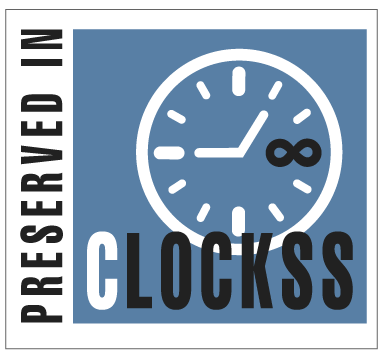Abstract
Human leukocyte antigen G (HLA-G) is a non-classical major histocompatibility complex (MHC) protein with well-known immunomodulatory characteristics. It is also believed to be an important sign of immune tolerance in cancer cells. Immune Escape. HLA-G is also associated with disease development and prognosis in cancer patients. The goal of this study was to compare soluble HLA-G (sHLA-G) levels before and after radioactive iodine therapy (RAI) by enzyme immunoassay (ELISA). Immunohistochemistry was used to examine HLA-G protein expression in thyroid tissues from patients with papillary thyroid cancer (PTC) to investigate the relationship between HLA-G expression and patients' clinical variables. Prospective research included 138 blood samples from patients and controls, as well as 25 thyroid paraffin-embedded tissues from individuals suffering from papillary thyroid cancer (PTC) and controls. Our findings demonstrated a significant difference in the means of people who had radioactive iodine therapy against those who did not (Mean SE = 4.19 0.31, 2.216 0.08, respectively). HLA-G staining, on the other hand, was identified in tumor cells in papillary thyroid cancer, all sections were positive, strongly stained and completely membranous, indicating the presence of HLA-G protein in the tested material. These findings suggest that HLA-G may be involved in the pathogenesis of papillary thyroid cancer.
Keywords
HLA-G, papillary thyroid cancer, preoperative diagnosis, risk factor, tumor marker
Article Type
Article
How to Cite this Article
Aljanabi, Noor H. and Abed, Reema M.
(2024)
"Investigation the role of Human Leukocyte Antigen-G in Iraqi patients with papillary thyroid carcinoma,"
Baghdad Science Journal: Vol. 21:
Iss.
6, Article 18.
DOI: https://doi.org/10.21123/bsj.2023.8695








